A dire warning has been issued: the African penguins, who once flourished along the southern African coastlines, are perilously close to extinction. If immediate and comprehensive measures are not taken to address the factors driving their decline, these iconic birds could vanish by 2035. The rapid decline in their numbers is a stark reminder of the urgent need for global cooperation and concerted efforts to save endangered species.
The African penguin population has experienced a staggering decline over the past century. Historically, it is estimated that there were millions of breeding pairs at the beginning of the 20th century. However, the current situation is dire, with fewer than 11,000 breeding pairs remaining. This plummeting population trend not only threatens the penguins’ existence but also disrupts the balance of the ecosystems they inhabit.
The International Union for Conservation of Nature (IUCN) has listed the African penguin as an endangered species on its red list of threatened species. At the heart of this critical situation is the alarming projection that, if the current trajectory persists, there will not be enough breeding pairs by 2035 for the species to continue surviving in the wild. The interconnected web of factors contributing to this crisis is complex and multifaceted.
Several factors are contributing to the African penguins’ decline. One of the most significant challenges is overfishing, which has disrupted the marine food chain in the Indian Ocean. Depletion of fish stocks, particularly sardines, and anchovies, has left the penguins struggling to find sufficient nourishment. Additionally, changing environmental conditions in the ocean have further strained their food sources.
Furthermore, these birds are besieged by a range of other threats. Disease outbreaks, intensified by stressed immune systems, pose a significant risk. Storms, flooding, and pollution also disrupt their habitats and food sources. With a delicate balance hanging in the air, immediate action is imperative to avert an impending tragedy.
Amidst the grim reality, there is a glimmer of hope. Dr. Judy Mann, executive of strategic projects at the Two Oceans Aquarium Foundation, emphasizes that despair is not an option. By fostering collaboration among stakeholders, including fisheries, governmental bodies, oil and shipping industries, scientists, conservationists, and the general public, it is possible to reverse the trajectory of the African penguin decline.
The situation of the African penguins calls for a united front. The South African government must take swift action to regulate overfishing and implement protective measures for these birds’ habitats. Collaborative efforts with international allies are vital, ensuring that Conservation efforts transcend national borders. Oil and shipping companies also bear a significant responsibility to minimize their impact on these fragile ecosystems. Together, everyone can save these beloved creatures.
Sign this petition to save the African Penguins from extinction.
What you can do
Support ‘Fighting for Wildlife’ by donating as little as $1 – It only takes a minute. Thank you.
Fighting for Wildlife supports approved wildlife conservation organizations, which spend at least 80 percent of the money they raise on actual fieldwork, rather than administration and fundraising. When making a donation you can designate for which type of initiative it should be used – wildlife, oceans, forests or climate.
This article by Trinity Sparke was first published by OneGreenPlanet on 12 August 2023.
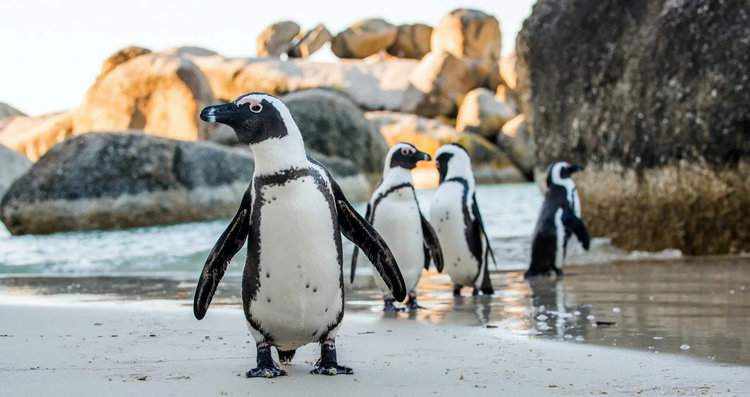


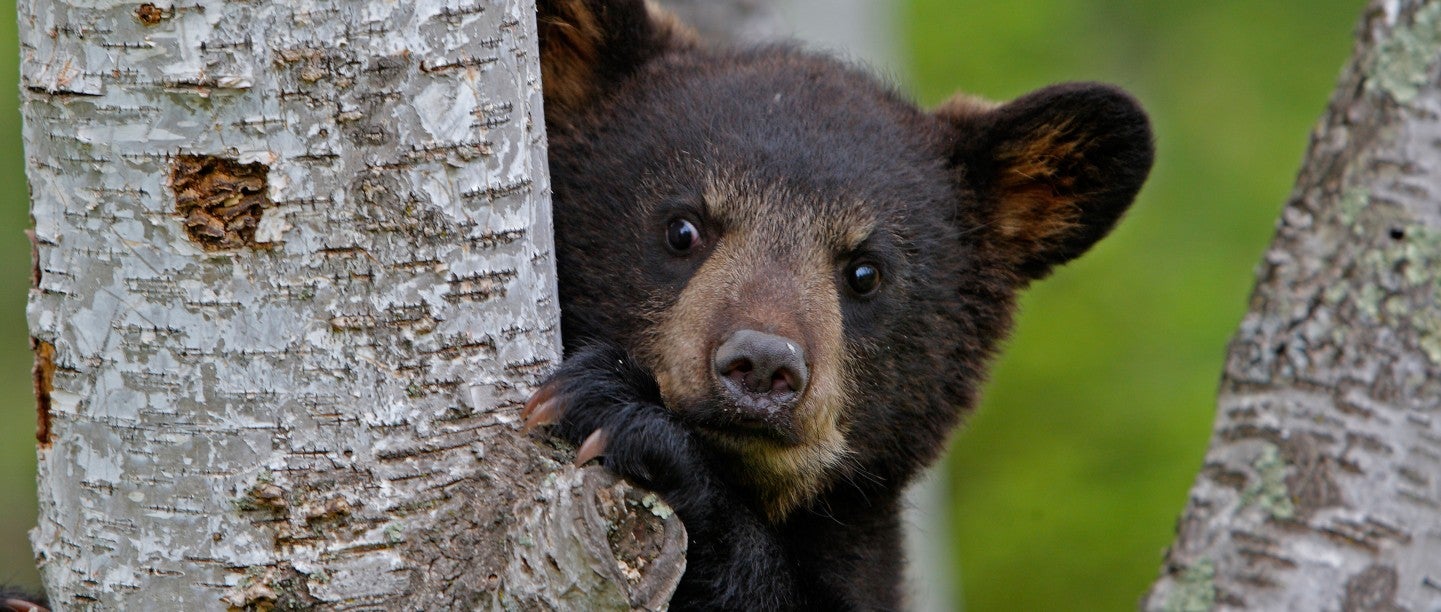
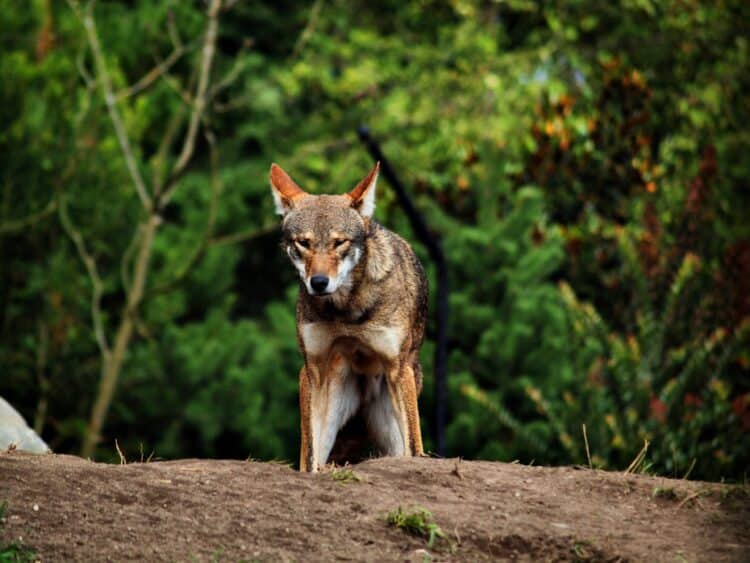
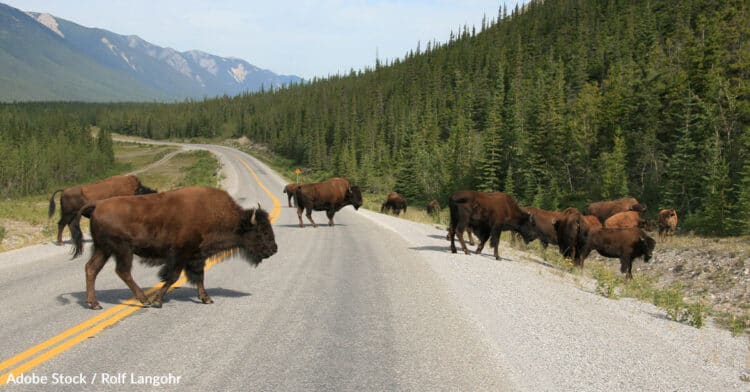

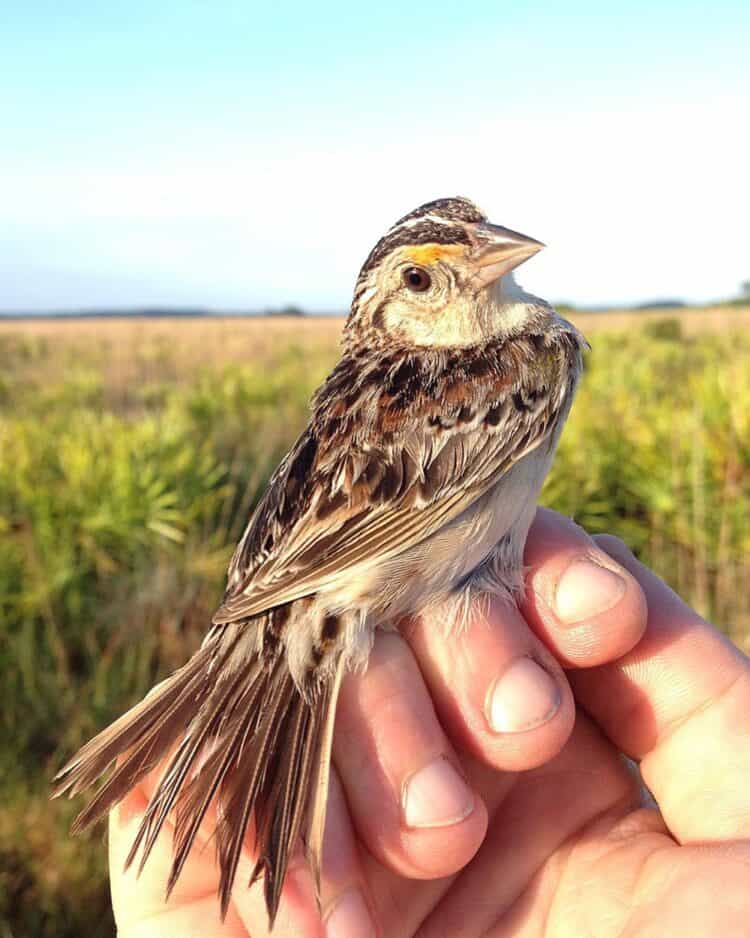
Leave a Reply